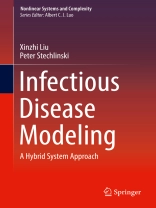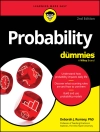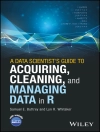This volume presents infectious diseases modeled mathematically, taking seasonality and changes in population behavior into account, using a switched and hybrid systems framework. The scope of coverage includes background on mathematical epidemiology, including classical formulations and results; a motivation for seasonal effects and changes in population behavior, an investigation into term-time forced epidemic models with switching parameters, and a detailed account of several different control strategies. The main goal is to study these models theoretically and to establish conditions under which eradication or persistence of the disease is guaranteed. In doing so, the long-term behavior of the models is determined through mathematical techniques from switched systems theory. Numerical simulations are also given to augment and illustrate the theoretical results and to help study the efficacy of the control schemes.
Inhoudsopgave
Introduction.- Modelling the Spread of an Infectious Disease.- Hybrid Epidemic Models.- Control Strategies for Eradication.- Discussions and Conclusions.- References.- Appendix
Over de auteur
Xinzhi Liu is a Professor of Mathematics at the University of Waterloo. Peter Stechlinski is a Postdoctoral Fellow in the Process Systems Engineering Laboratory at the Massachusetts Institute of Technology












